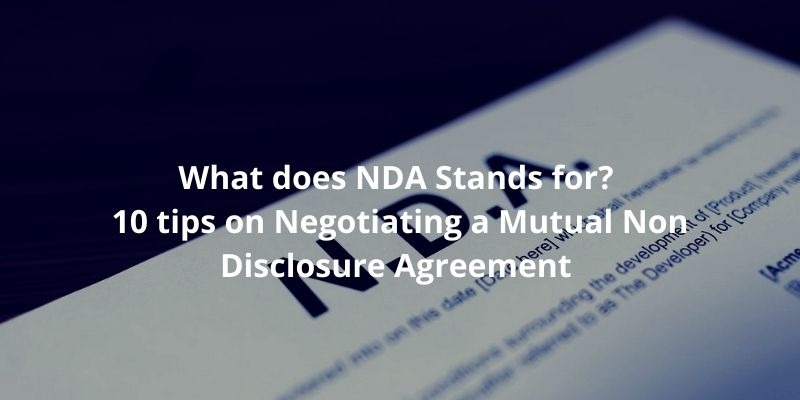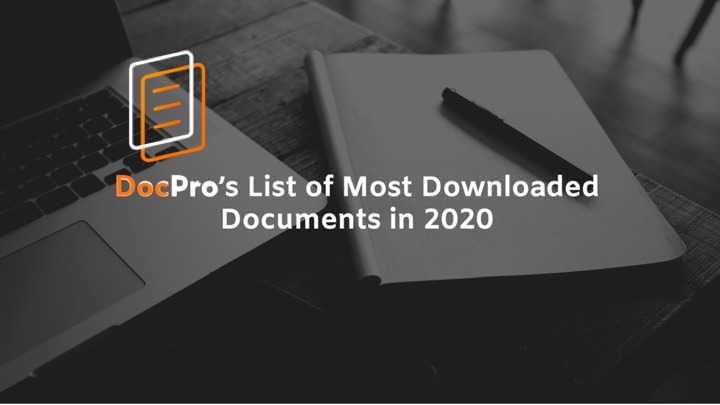Sale and Transfer of Shares / Initial Public Offering


The following checklist is to help the Buyer in the purchase and transfer of shares in a company.
In case of acquisition of the whole company, please refer to the section relating to "Mergers and Acquisitions".
It is likely that sensitive information will be exchanged between the seller and buyer about the transaction and their respective businesses. Therefore, a confidential undertaking/non-disclosure agreement is signed to ensure all information exchanged between the parties stays confidential and will not be disclosed to a third party.
The purpose of the head of terms agreement is to record the essential terms and conditions agreed by the parties during the negotiations stage. Generally, the head of terms are not binding on the parties and it should be expressly stated in the agreement for clarity. Though they are not binding, it is useful to have one since they remove misunderstanding by addressing the key issues; expedite negotiations; provide a framework for exclusivity and confidentiality commitments, and act as a moral commitment to proceed with the transaction.
The head of terms generally include:
· Will specialist input (e.g. tax, environment, IP, property) be required?
· Are external advisers (e.g. lawyers, accountants) required/involved and who will be instructing them?
· Will finance need to be raised (see below)?
· Time available for due diligence (see below)?
· Will Heads of Terms be concluded (see above)?
· Will the execution and completion of the Agreement be simultaneous (or should they be)? If different, how much time is needed between contract and completion?
· What clearances/consents are required (see below)?
As a buyer, it is important to conduct thorough due diligence and get detailed information from the seller regarding their business operation such as:
Pre-emption rights are rights for the existing shareholders to buy the shares first on the basis of equal price and terms. There are no common law pre-emption rights. Shareholders in unlisted companies may, however, be bound by pre-emption provisions in the articles of association or a shareholders' agreement which affect their ability to transfer shares. One should check the articles and any shareholders' agreement to confirm if other shareholders have the right to receive purchase the securities before they are sold to third parties.
The basic common law position is that a limited company (by share capital or guarantee) may not purchase its own shares. The rationale for the decision was the principle of maintenance of capital. A company limited by shares has only its capital to back its credit. For this reason, the principle of maintenance of capital was developed by the courts for the protection of creditors. The prohibition applies whether the acquisition is by purchase or by subscription or otherwise.
There are exceptions to the common-law rule.
1) neither applies to unlimited companies, the rationale being that the credit of an unlimited company is based not only on the capital of the company but also on the unlimited liability of its members for its debts.
2) the following acquisitions are specifically exempt:
The basic position in most common law countries is that no new securities are to be offered to the public unless a prospectus has been submitted to the regulator. In most jurisdictions, the public means 50 or more people. In addition, an offer to the public does not mean 50 people buying securities in the Company. If an offer can be seen (e.g. online advertisement) by more than 50 people in a jurisdiction, then it can be considered to be an offer to the public in that jurisdiction.
The prospectus requirements only apply to securities that are unlisted (even though the subject of an application for listing - i.e. initial public offering) when the offer is made. Secondary offers of securities that are already admitted to official listing, even if made to the public, do not require listing particulars nor a prospectus.
There are various exemptions from the prospectus requirement. The most useful exemption which is relied on for offerings of securities is that relating to certain "Professional Investors" without preparing a prospectus. Different jurisdictions may have slightly different definitions of "Professional Investors". Please check with your local legal counsel.
An Initial Public Offer (also known as an "IPO"), shares of a company is being introduced to the public to be traded on a stock exchange for the first time. Access to the retail market may be obtained through:
The reasons for conducting an IPO may include:
Most IPOs now involve book building for institutional offerings. The issuer will usually announce the percentage of the total offer which it expects to make available to retail investors. The offering period for a retail offer is usually shorter than for the institutional offer. This is purely for logistical reasons; it generally takes longer for the receiving bank to process the retail applications and communicate the results of the retail offer to the global co-ordinator than it does to work out the results of the institutional offer. A prospectus will be issued for both retail and institutional investors.
Not the right document?
Don’t worry, we have thousands of documents for you to choose from:

10 Jun 2022
6 min read

2 Jun 2022
6 min read

27 May 2022
6 min read

20 May 2022
6 min read

9 May 2022
6 min read

3 May 2022
3 min read

25 Apr 2022
5 min read

31 Mar 2022
1 min read

29 Mar 2022
1 min read

20 Mar 2022
6 min read

12 Mar 2022
5 min read

21 Feb 2022
5 min read

31 Jan 2022
5 min read

13 Jan 2022
4 min read

3 Jan 2022
5 min read

7 Dec 2021
11 min read

14 Nov 2021
6 min read

1 Nov 2021
9 min read

21 Oct 2021
1 min read

17 Oct 2021
7 min read

7 Oct 2021
12 min read

16 Sep 2021
4 min read

14 Sep 2021
5 min read

10 Sep 2021
3 min read

31 Aug 2021
4 min read

23 Aug 2021
3 min read

16 Aug 2021
5 min read

30 Jul 2021
6 min read

23 Jul 2021
7 min read

13 Jul 2021
5 min read

2 Jul 2021
5 min read

24 Jun 2021
5 min read

15 Jun 2021
4 min read

4 Jun 2021
6 min read

28 May 2021
5 min read

21 May 2021
5 min read

14 May 2021
5 min read

7 May 2021
5 min read

30 Apr 2021
5 min read

23 Apr 2021
5 min read

16 Apr 2021
5 min read

9 Apr 2021
5 min read

1 Apr 2021
5 min read

26 Mar 2021
4 min read

19 Mar 2021
5 min read

12 Mar 2021
5 min read

5 Mar 2021
6 min read

26 Feb 2021
5 min read

19 Feb 2021
6 min read

11 Feb 2021
5 min read

29 Jan 2021
6 min read

29 Jan 2021
3 min read

22 Jan 2021
6 min read

15 Jan 2021
6 min read

8 Jan 2021
6 min read

31 Dec 2020
6 min read

24 Dec 2020
0 min read

24 Dec 2020
7 min read

18 Dec 2020
6 min read

11 Dec 2020
6 min read

4 Dec 2020
6 min read

27 Nov 2020
6 min read

27 Nov 2020
7 min read

22 Nov 2020
7 min read

13 Nov 2020
8 min read

12 Nov 2020
8 min read

7 Nov 2020
8 min read

5 Nov 2020
6 min read

30 Oct 2020
7 min read

29 Oct 2020
8 min read

23 Oct 2020
7 min read

19 Oct 2020
8 min read

16 Oct 2020
10 min read

7 Oct 2020
9 min read

28 Sep 2020
8 min read

18 Sep 2020
7 min read

9 Sep 2020
7 min read

3 Sep 2020
7 min read

27 Aug 2020
8 min read

27 Aug 2020
9 min read

19 Aug 2020
8 min read

17 Aug 2020
8 min read

11 Aug 2020
8 min read

11 Aug 2020
8 min read

10 Aug 2020
11 min read

10 Aug 2020
9 min read

7 Aug 2020
9 min read

4 Aug 2020
9 min read

3 Aug 2020
10 min read

23 Jul 2020
8 min read

23 Jul 2020
8 min read

12 Jul 2020
8 min read

5 Jul 2020
7 min read

25 Jun 2020
7 min read

12 Jun 2020
9 min read

11 Jun 2020
9 min read

9 Jun 2020
9 min read

8 Jun 2020
8 min read

4 Jun 2020
5 min read

4 Jun 2020
8 min read

2 Jun 2020
10 min read

28 May 2020
13 min read

25 May 2020
8 min read

1 May 2020
10 min read

1 Apr 2020
6 min read

1 Mar 2020
11 min read

1 Feb 2020
11 min read

8 Jan 2020
9 min read

1 Jan 2020
1 min read

10 Dec 2019
7 min read

26 Nov 2019
8 min read

5 Nov 2019
5 min read

24 Oct 2019
3 min read

1 Oct 2019
1 min read

1 Oct 2019
1 min read




